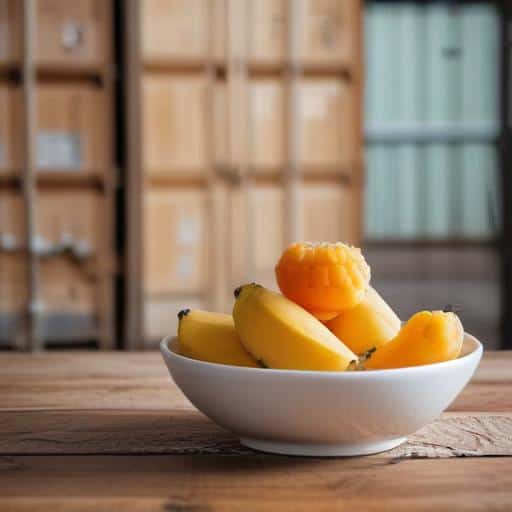Fiji is confronting significant challenges following the announcement of a 32% tariff on its exports to the United States, a decision influenced by U.S. President Donald Trump’s reciprocal tariff policy. This new measure is particularly concerning for FIJI Water, a prominent export commodity, which is expected to be heavily impacted. A spokesperson for the company indicated that they are closely assessing the implications of the tariff and exploring various options to mitigate the potential fallout.
Deputy Prime Minister and Minister for Finance Professor Biman Prasad criticized the tariff as “disproportionate and unfair,” especially given that Fiji imposes a much higher 63% tariff on U.S. imports, which he argues establishes an imbalanced trade framework. He emphasized the importance of the U.S. as a trade partner, noting that the American market accounts for about 10% of Fiji’s overall trade.
Fiji has historically enjoyed a trade surplus with the U.S., exporting around F$500 million worth of goods annually, primarily consisting of agricultural products such as mineral water, kava, and fish. However, this surplus has narrowed significantly over the last couple of years, from F$293 million in 2022 to just F$63 million last year, as imports from the U.S. rose sharply from $190 million in 2022 to a projected $425 million in 2024.
In light of the tariff implications, the Fijian government is engaging in discussions with U.S. officials to better understand the rationale behind the tariff and find pathways to alleviate its impact. Trade Minister Manoa Kamikamica has expressed a commitment to work collaboratively with key stakeholders to navigate this situation effectively.
Despite the challenges presented, analysts maintain a cautious optimism. The dynamics of global trade are shifting, and there may be opportunities for Fiji to adapt and explore new markets while enhancing its trade relationships. The resilience demonstrated in the Fijian export sector, particularly in bottled water, is viewed as a buffer that might help it weather these economic changes.
By prioritizing high-quality standards and maintaining strategic trade practices, Fiji can potentially position itself to thrive even amid adversity. This proactive approach may not only help navigate the current challenges but could also open doors to new opportunities in a changing economic landscape.

Leave a comment